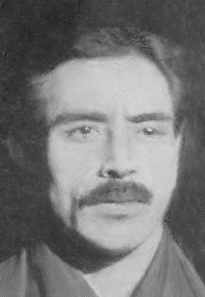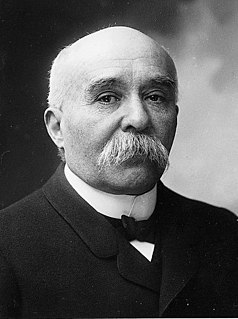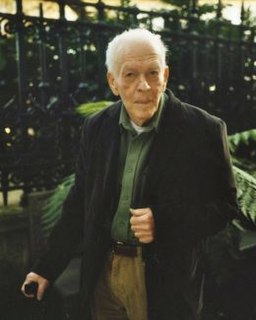A Quote by Kyuzo Mifune
A good Judoka never anticipates his action in a match, but his mind is as clever as a polished mirror which enables him to foresee precisely anything to happen and he displays freedom of his physique to cope with any change. Such mental state and physical action are called sei or tranquility and do or action, sometimes they are called ju and go or tenderness and sturdiness, in and yo or negative and positive, etc.
Related Quotes
Each man lives for himself, uses his freedom to achieve his personal goals, and feels with his whole being that right now he can or cannot do such-and-such an action; but as soon as he does it, this action, committed at a certain moment in time, becomes irreversible, and makes itself the property of history, in which is has not a free but a predestined significance.
Who stands firm? Only the one for whom the final standard is not his reason, his principles, his conscience, his freedom, his virtue, but who is ready to sacrifice all these, when in faith and sole allegiance to God he is called to obedient and responsible action: the responsible person, whose life will be nothing but an answer to God's question and call.
Ideas are powerful things, requiring not a studious contemplation but an action, even if it is only an inner action. Their acquisition obligates each man in some way to change his life, even if it is only his inner life. They demand to be stood for. They dictate where a man must concentrate his vision. They determine his moral and intellectual priorities. They provide him with allies and make him enemies. In short, ideas impose an interest in their ultimate fate which goes far beyond the realm of the merely reasonable.
Our submission to general principles is necessary because we cannot be guided in our practical action by full knowledge and evaluation of the consequences. So long as men are not omniscient, the only way in which freedom can be given to the individual is by such general rules to delimit the sphere in which the decision is his. There can be no freedom if the government is not limited to particular kinds of action but can use its powers in any ways which serve particular ends.
Nonviolent action involves opposing the opponent's power, including his police and military capacity, not with the weapons chosen by him but by quite different means. Repression by the opponent is used against his own power position in a kind of political "ju-jitsu" and the very sources of his power thus reduced or removed, with the result that his political and military position is seriously weakened or destroyed.
In fact we say that an intention is good, that is, right in itself, but that an action does not bear any good in itself but proceeds from a good intention. Whence when the same thing is done by the same man at different times, by the diversity of his intention, however, his action is now said to be good, now bad.
Ah! but the moods lie in his nature, my boy, just as much as his reflections did, and more. A man can never do anything at variance with his own nature. He carries within him the germ of his most exceptional action; and if we wise people make eminent fools of ourselves on any particular occasion, we must endure the legitimate conclusion that we carry a few grains of folly to our ounce of wisdom.
































